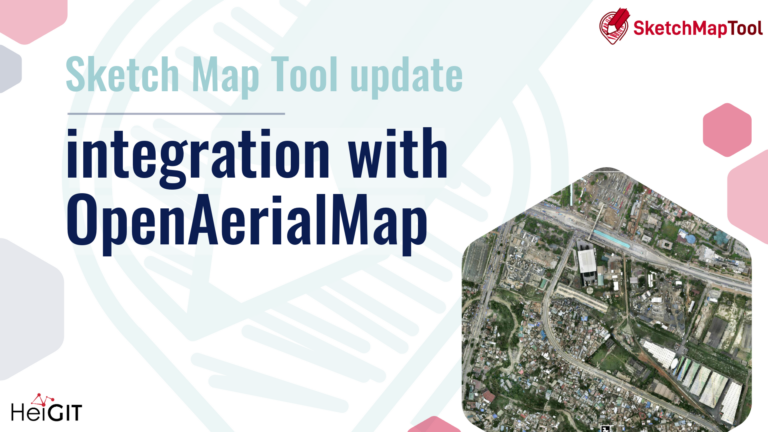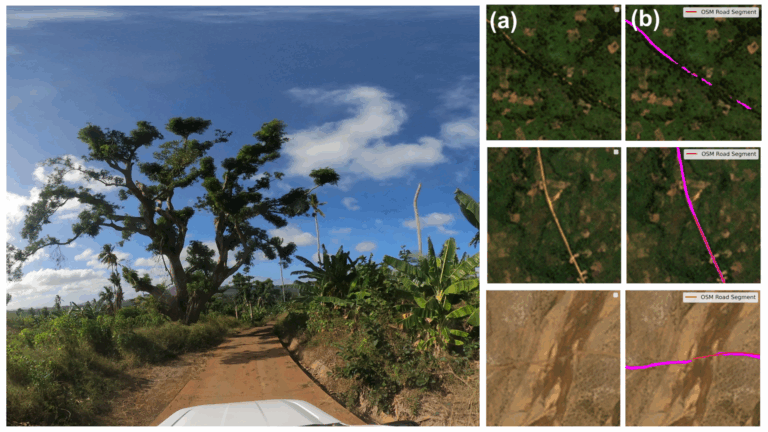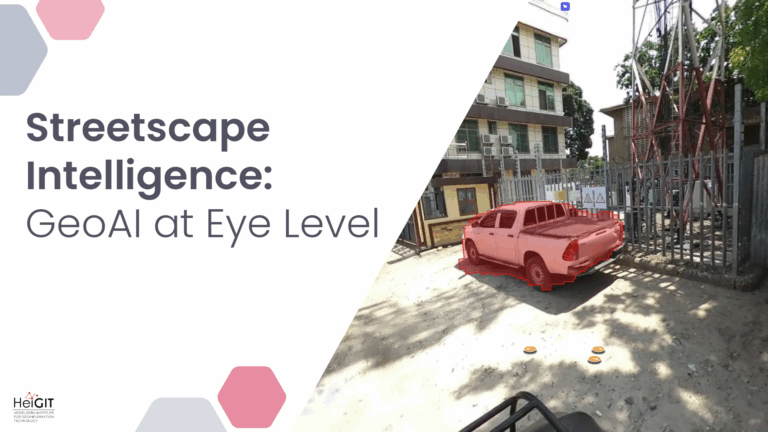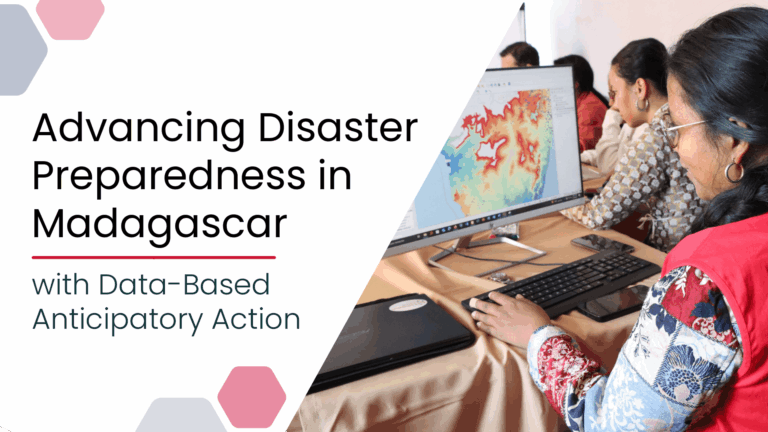In 2022, we embarked on an insightful expedition to Aklavik, Canada, in collaboration with our partners, the Alfred Wegener Institute (AWI) Helmholtz Center for Polar and Marine Research and the German Aerospace Center (DLR). This joint effort within the UndercoverEisAgenten project aimed to study the extent and velocity of permafrost thawing, a crucial aspect of understanding the Earth’s changing surface.
During this field trip, our team of scientists collaborated with school classes in Canada, discussing the challenges of climate change and collecting high-resolution airborne images of the Arctic land surface. The collected data was split down into small, manageable mapping tasks, known as “micro-tasks.” These tasks were then skillfully executed by young citizen scientists in Germany, marking a significant contribution to the image processing phase.
The involvement of citizen scientists has yielded a unique reference dataset, serving as a valuable resource for research. When combined with cutting-edge machine learning methods, it facilitates large-scale mapping of permafrost structures, all while bringing the pressing issues of climate change and permafrost thaw into classrooms around the world.
For an in-depth look at the data collection process, we encourage you to delve into the video documenting our field trip to Aklavik:
This March, we embark on another expedition to Aklavik, with the goal of further enhancing our dataset and building on the collaboration with our young citizen scientists. Join us in this ongoing journey to unravel the mysteries of permafrost thaw and inspire the next generation of environmental stewards.
To keep up with future developments and releases related to the UndercoverEisAgenten project as well as other efforts to advance geospatial technology in the mobility, humanitarian aid, and data analytics space, follow the social media channels and stay up to date on our blog.





